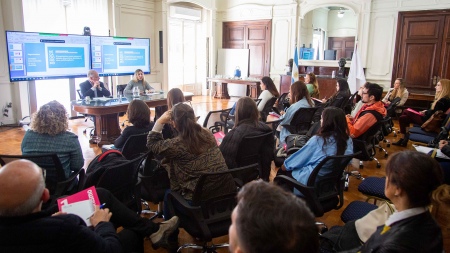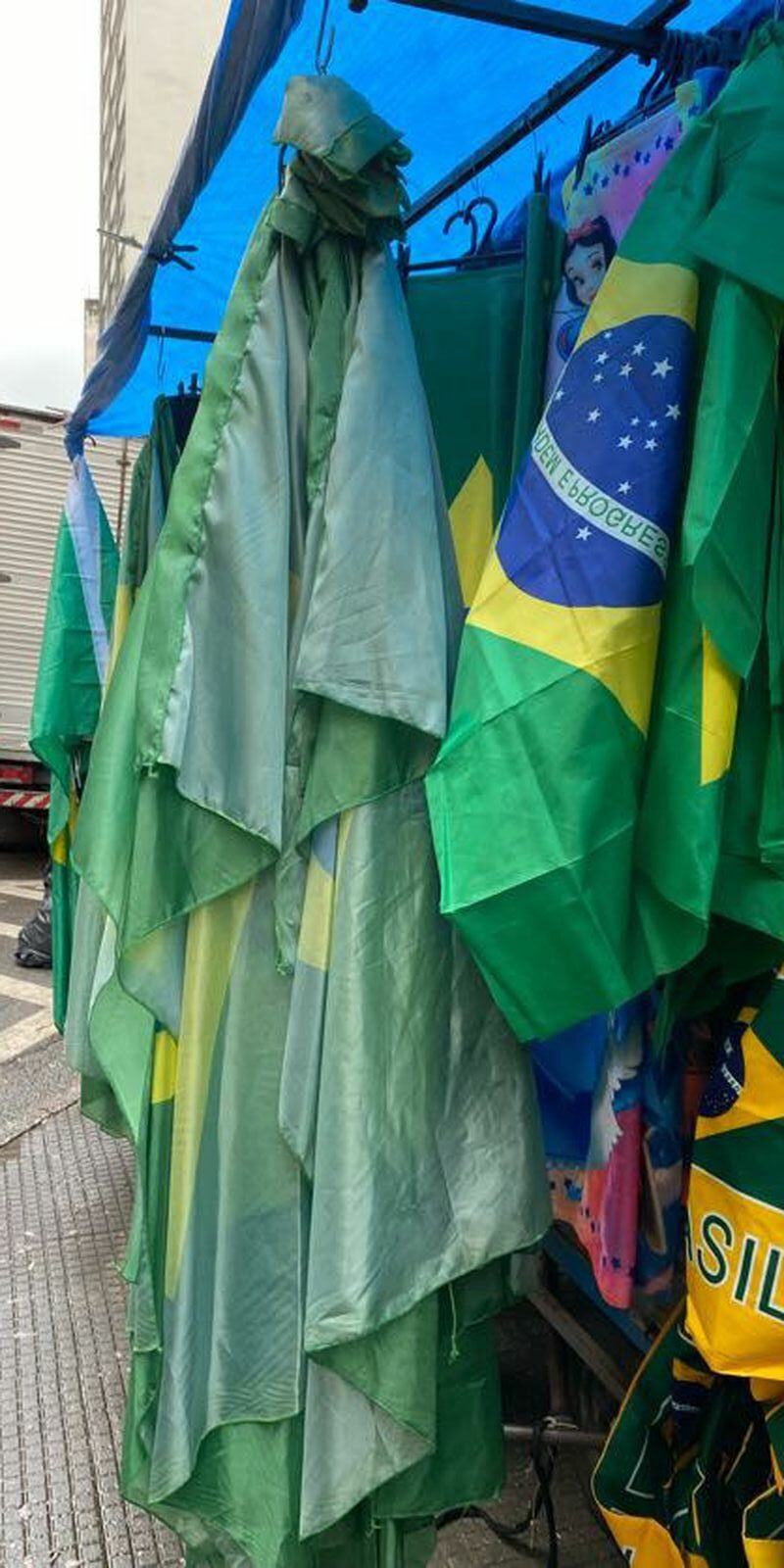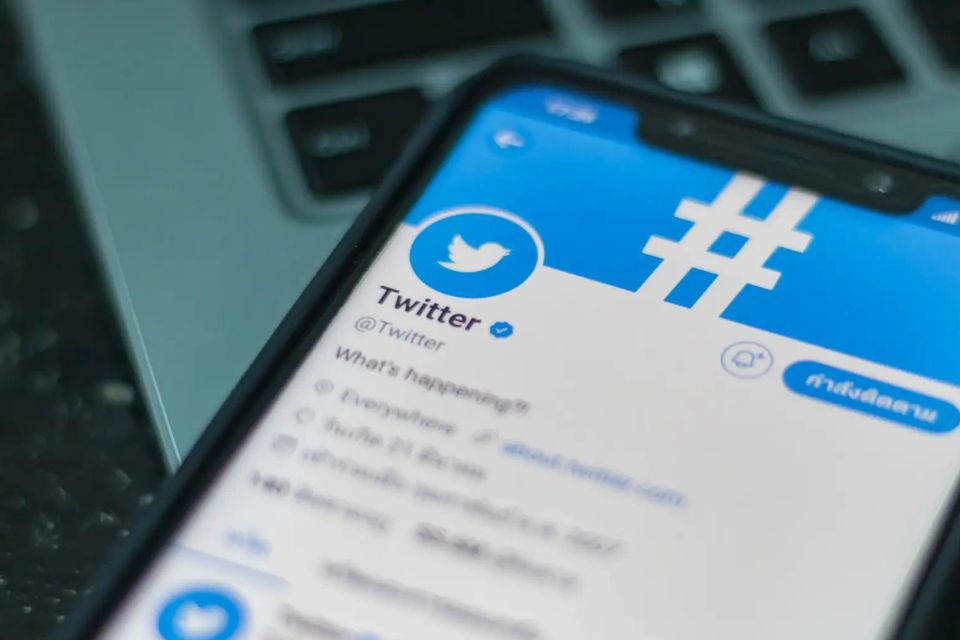The Deputy Director of Legal Affairs of the Public Defender’s Office, Horacio Lutzky, and the National Director of Management of Documentary Funds of the National Archive of Memory, Andrea Copanireflected this Tuesday on the role of the state in preventing hate speech and they agreed that it is a debate that took on special relevance after the assassination attempt on Vice President Cristina Fernández de Kirchner, on September 1.
The meeting began at 10:30 in the Alfonsín Hall of the Buenos Aires Legislature as part of the cycle of days of reflection organized by the Public Defender’s Office, the deputy for the City of Victoria Montenegro and the Télam News Agency.
“The events of September 1 strongly resurfaced a discussion about whether a new regulation on hate speech is necessary,” Lutzky said during the third meeting.
The journalist and lawyer recalled that there is anti-discrimination law 23,592but called to wonder “why, if the instruments exist, have they been used so rarely”.
“It is a figure that has not been applied on too many occasions. In meetings prior to the attack we spoke precisely about not ruling out hate speech for political reasons”he claimed.
At the same time, he took as an example the investigation by federal judge Marcelo Martínez de Giorgi into the Federal Revolution group, in which “they are not being investigated for participating in the attack, but for the hate speech” of this organization that could even lead to prison.

In addition, he detailed two views that exist around freedom of expression: on the one hand in a “liberal sense” that calls for “not intervening” and, on the other hand, the one that takes into account “the social dimension” of the concept and promotes the “proactive action” from the State.
“For the Ombudsman, the existing regulations are enough to repress and act in the terms of international regulations,” he assured.
Lutzky pointed out that neither “there is unanimity in what is incitement to crime” and explained that there are several “non-punitive examples” that may be interesting in combating this type of discourse.
For his part, Copani agreed that the proliferation of hate speech, especially after the attack on the Vice President, highlights the “urgency of reinforcing these instances.”
“It is a problem that does not have a single answer and does not involve a single actor. The State is central, but it cannot do it alone. It is key that there is dialogue with the actors of civil society because they are problems that cross society in its entirety. set”he stated.
In turn, the professor and doctorate in History maintained that from the Secretary of Human Rights “there is a strong axis linked to the policies of Memory, Truth and Justice”, where they think about how to address hate speech in “denial practices” .
#Now “The role of the State, public policies and regulatory framework”, third meeting of the conference “The role of the media in the prevention of hate speech”. Organized with @MontenegroViki Y @AgenciaTelam
?In @LegisCABA #InDefenseOfTheAudiences pic.twitter.com/LyDWCVuleO
— Public Defender (@DefdelPublico) November 1, 2022
The Secretariat maintains “natural” lines of protection of human rights such as complaints in trials or reparation policies for victims -among other initiatives-, and the promotion of human rights that seek to make visible, educate and train on this issue.
“These initiatives constitute the basis for action when thinking about combating denialism, but in this context they are insufficient and the need arises to think of specific policies and deepen them,” he warned.
Meanwhile, he differentiated between public officials and journalists who have “another type of scope” when they reproduce hate speech than when a civilian person does it.
“Support for candidates like (deputy Javier) Miley It made us quickly bring this problem to the fore. We have heard the speeches specifically around the figures from officials and central political figures, especially during the government of (former President Mauricio) Macri. You have to identify these discursive strategies, who supports them and how to dispute them”, he pointed out.
The proposal to hold fortnightly debate meetings on “The role of the media in the construction of a democratic, plural and respectful society of human rights” started the last October 4 with the opening in charge of the Montenegrin lawmaker; the president of the Télam News Agency, Bernarda Llorente; and the Public Defender, Miriam Lewin.
The The last meeting of these days will be held next Tuesday, November 15 in the Buenos Aires Legislature, where the director of the Laboratory of Studies on Democracy and Authoritarianism (LEDA), Ezequiel Ipar, will speak with a guest figure on the axis “Counterpoint: hate speech today”.








